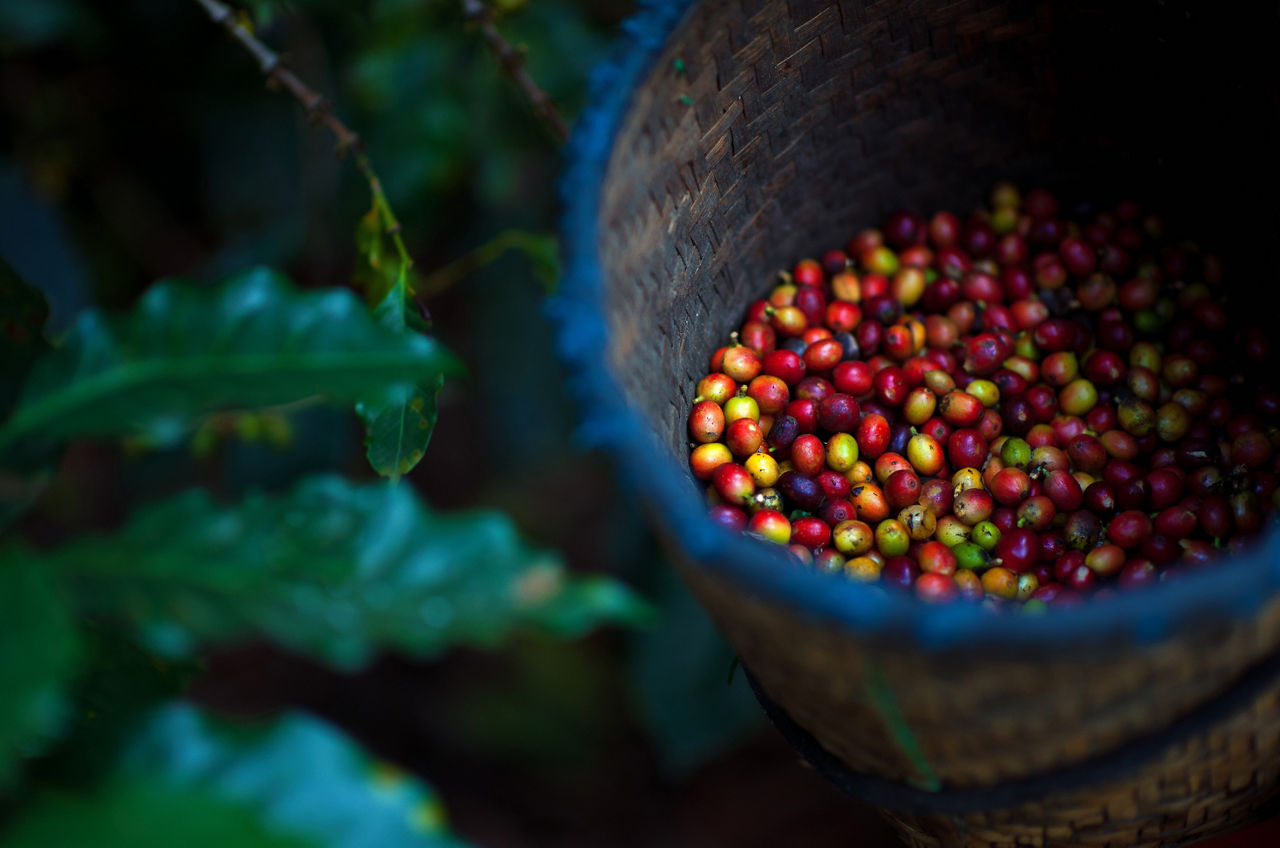Our Soy Policy has been developed to make sure high‑risk/ high‑volume soy used in all own brand products and livestock feed does not contribute to deforestation.
Woolworths Group is a member of the Roundtable on Responsible Soy (RTRS), a multi‑stakeholder organisation promoting the growth of production, trade and use of responsible soy. It does this through facilitating dialogue, and the implementation of a global certification standard.
Certified sustainable soy is an emerging commodity in the Oceanic Region, and we are leading on this issue by engaging with the whole value chain, from growers to product manufacturers, to convey our expectations and seek assurance that Woolworths Group will support the production of sustainable soy.
In F24, we are continuing our supply chain engagement with priority protein suppliers to identify pathways towards transitioning to more responsible soy in our livestock feed, and where feasible a transition to alternate proteins to reduce reliance on the commodity.
